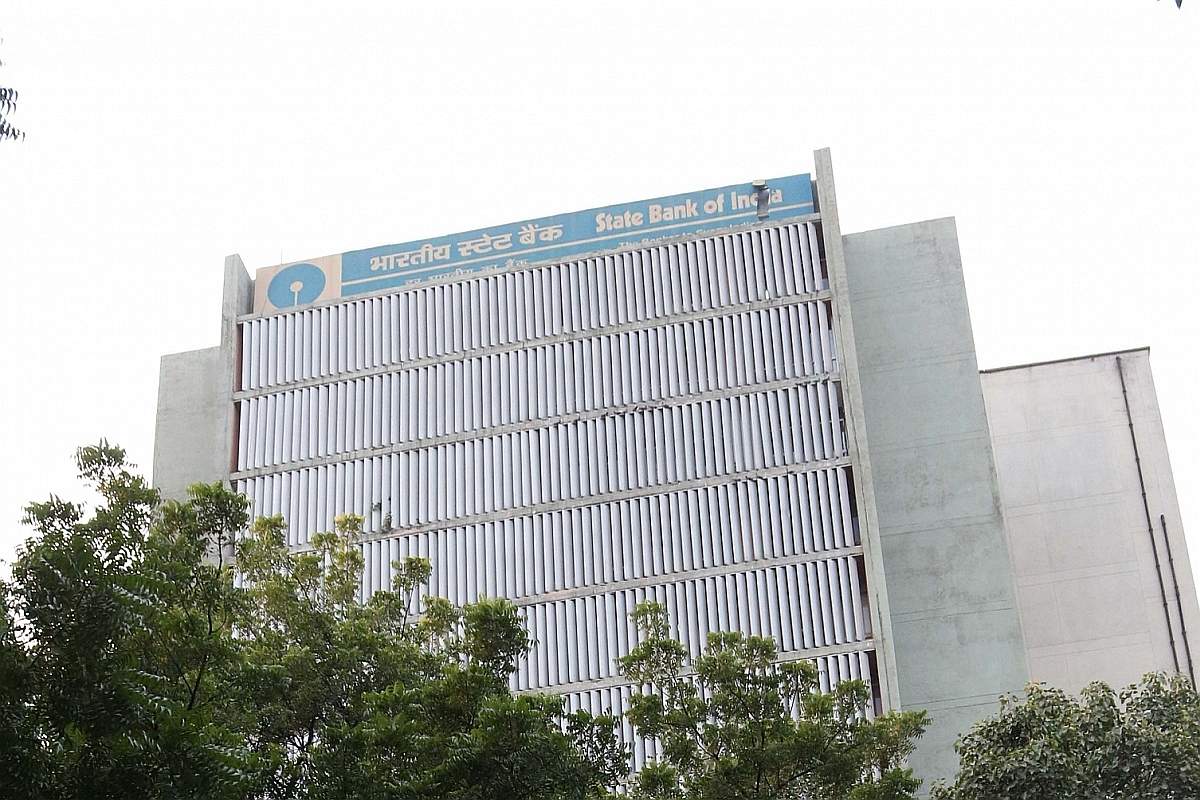The State Bank of India on Tuesday evening submitted data on electoral bonds to the Election Commission of India, in line with a stern order from the Supreme Court in this regard.
The top court had directed the poll panel to collate and release the data by 5 pm on Friday.
Advertisement
A Supreme Court bench headed by Chief Justice D Y Chandrachud on Monday dismissed the SBI’s plea seeking extension of time till June 30 to disclose the details.
It also directed the poll panel to publish the information shared by the bank on its official website by 5 pm on March 15.
Reports suggest that the SBI Chief Managing Director (CMD), however, is yet to file an affidavit confirming compliance with the court order.
The CMD is anticipated to submit the affidavit in the SC on Wednesday, providing an official acknowledgement of the bank’s adherence to the court’s order.
Notably, in its order, the SC said, “While we are not inclined to exercise contempt jurisdiction at this time, we place SBI on notice that this court may be inclined to proceed against it for wilful disobedience if it does not comply with directions by timelines indicated in this order.”
The SBI had argued that it would take considerable time to collect, cross-check and release the data, which was stored in two silos to maintain confidentiality of both sides.
On February 15, the Supreme Court in a landmark verdict had directed the SBI to stop issuing electoral bonds and submit details to the poll panel by March 6.
A bench headed by CJI Chandrachud said the electoral bonds scheme is violative of freedom of speech and expression under Article 19(1)(a) of the Constitution.
Electoral bonds were introduced as a substitute for cash donations made to political parties with the aim of enhancing transparency in political funding.
Since the inception of the scheme in 2018, the SBI has issued Electoral Bonds worth Rs 16,518 crore in 30 tranches.
Electoral bonds were to be redeemed exclusively by an eligible political party through an authorised bank account, and the SBI is the sole authorised bank for issuing these bonds.











